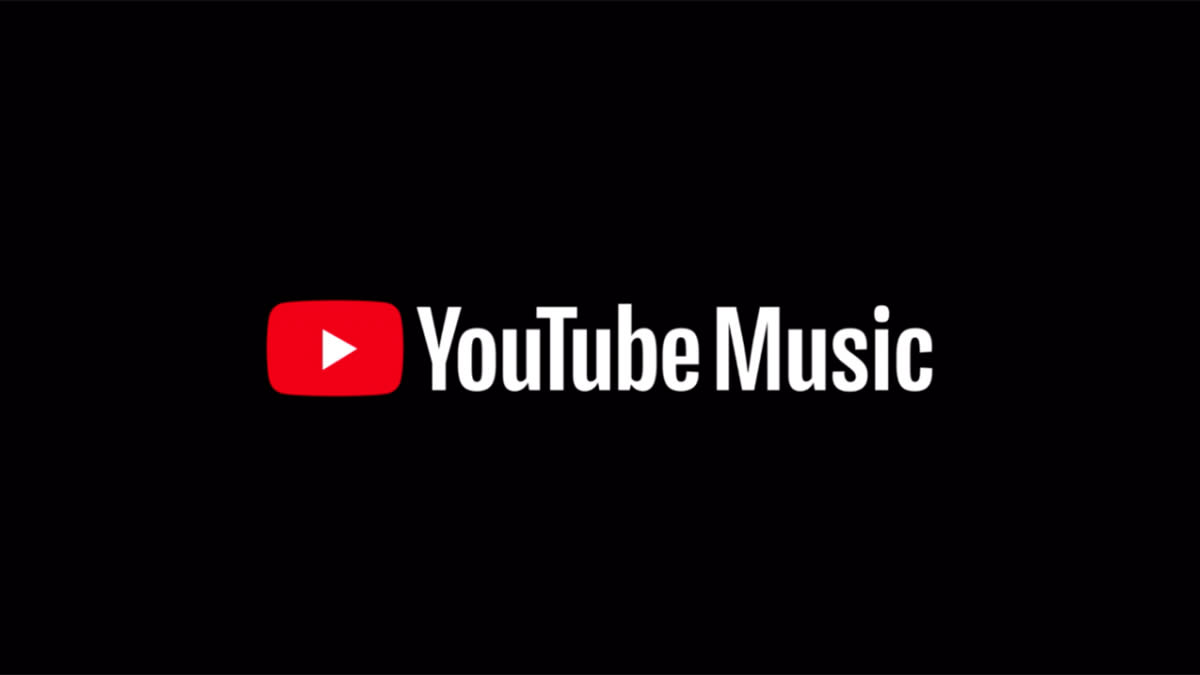YouTube sets out its 3 AI music principles, as Universal Music chairman Lucian Grainge compares the “inspiring” generative technology to sampling, MIDI and Pro Tools

- Oops!Something went wrong.Please try again later.
- Oops!Something went wrong.Please try again later.
- Oops!Something went wrong.Please try again later.
Nowhere is AI-generated music more visible and talked about than on YouTube, which is playing host to both bonkers covers - ‘Johnny Cash’ singing Barbie Girl, anyone? - and polemical vlogs telling us that the music industry as we know it is dead.
In a blog posted by its CEO Neal Mohan, YouTube has now set out its three AI music principles. Note that these aren’t ‘rules’ - they simply set out a general vision of how the platform plans to handle things going forward.
First up, the Google-owned video giant says that “AI is here, and we will embrace it responsibly together with our music partners.” Or, to put it another way: “Our goal is to partner with the music industry to empower creativity in a way that enhances our joint pursuit of responsible innovation.”
Next, YouTube argues that “AI is ushering in a new age of creative expression, but it must include appropriate protections and unlock opportunities for music partners who decide to participate.” It adds that it wants to help balance “the interests of copyright holders with those of the creative community on YouTube.”
The third and final principle states: “We've built an industry-leading trust and safety organization and content policies. We will scale those to meet the challenges of AI.” YouTube points out that, as well as creating content, AI can also be used as a tool for detecting it, and that it will use this to help protect its community going forward.
Plenty of good intentions, then, but critics might argue that the three principles are a little short on detail, and don’t explain what is and isn’t allowed right now. In fairness, though, this is new technology that’s progressing at an alarming rate, so any rules set out today could quickly become outdated.
Universal soldiers
In order to help formulate its approach, Google has also announced the YouTube AI Music Incubator, a new program that will bring together artists, songwriters and producers. The initial cohort of creators comes from Universal Music Group, and includes the likes of Anitta, Björn Ulvaeus, d4vd, Don Was, Juanes, Louis Bell, Max Richter, Rodney Jerkins, Rosanne Cash, Ryan Tedder, Yo Gotti, and the Estate of Frank Sinatra.
Pre-empting any potential criticism of his decision to work with YouTube, Björn Ulvaeus - who recently told Rick Beato that he’d seen a demo of an AI model from “one of the really big tech companies” that left him “blown away” - says: “While some may find my decision controversial, I've joined this group with an open mind and purely out of curiosity about how an AI model works and what it could be capable of in a creative process. I believe that the more I understand, the better equipped I'll be to advocate for and to help protect the rights of my fellow human creators."
Max Richter, meanwhile, also argues that it’s better for artists to be in the tent helping to shape the future than shouting from the outside. “We have to be in this conversation, or our voices won’t be heard,” he says. “Therefore, I’m very happy to be part of the ‘artist incubator’ which will allow me to advocate for the interests of the creative community in the applications of AI to music and music distribution.”
"Great potential"
YouTube’s announcements have been accompanied by a guest blog from Universal Music Group Chairman and CEO Lucian Grainge, who compares the advent of AI to other sea changes in music technology.
“I was still a young talent scout in 1980s London when the Fairlight CMI - the world’s first commercially available sampler - hit the scene,” recalls Grainge. “When I heard what it could do in tracks from Kate Bush to Frankie Goes to Hollywood, from Duran Duran to Art of Noise, among others, it was clear that music production was changing forever. Almost immediately, some decried this digital ‘manipulation’ as ‘artificial.’ I was in the other camp: curious at first, then enthusiastic, about the musical creativity it made possible.
“Over the next decade, as more affordable options such as MIDI and Pro Tools came on the market, just about everyone who was interested could use digital synthesizers and samplers to help create the sound they wanted. But as big an impact as that technology had on music, I sense even greater potential in Generative AI to inspire and empower a new generation of talent.”
Despite his positivity, Grainge says that he also recognises “AI’s potential for misappropriation and misinformation,” and suggests that the Incubator group will “explore, experiment and offer feedback on the AI-related musical tools and products” that Google is developing.
“Once these tools are launched, the hope is that more artists who want to participate will benefit from and enjoy this creative suite,” he adds.

